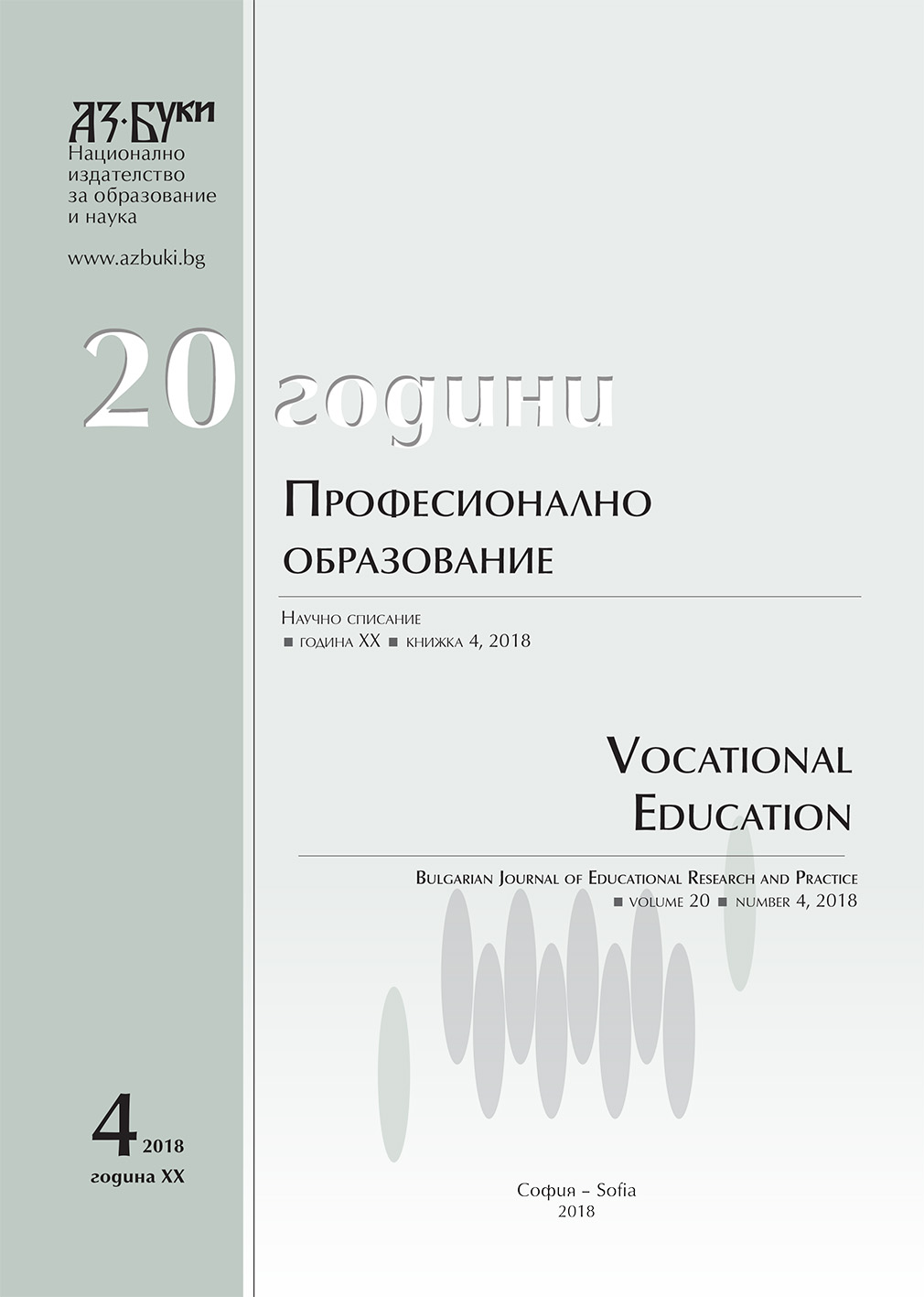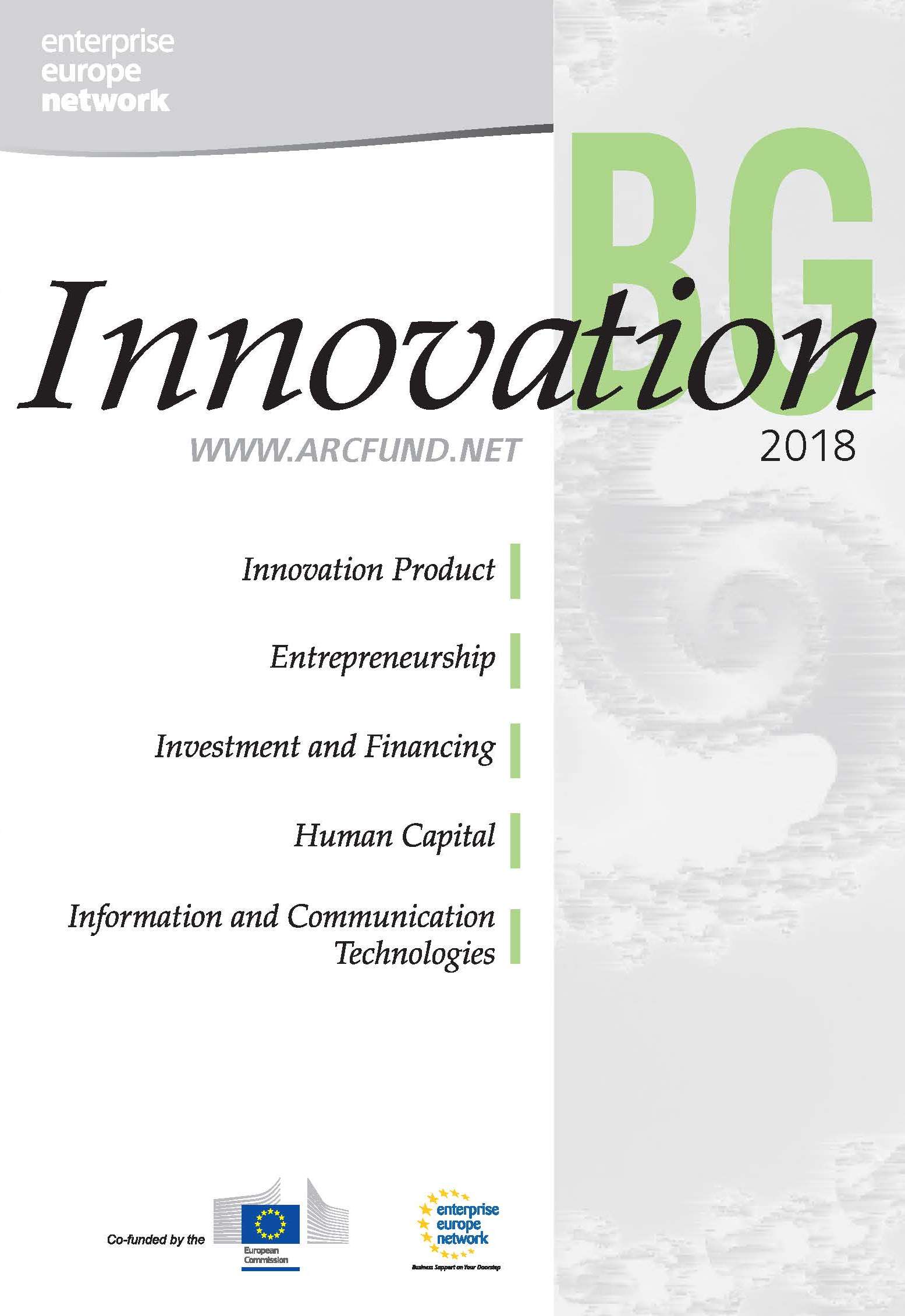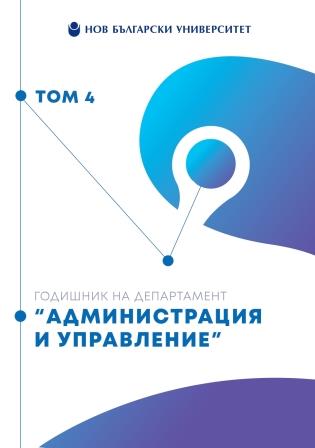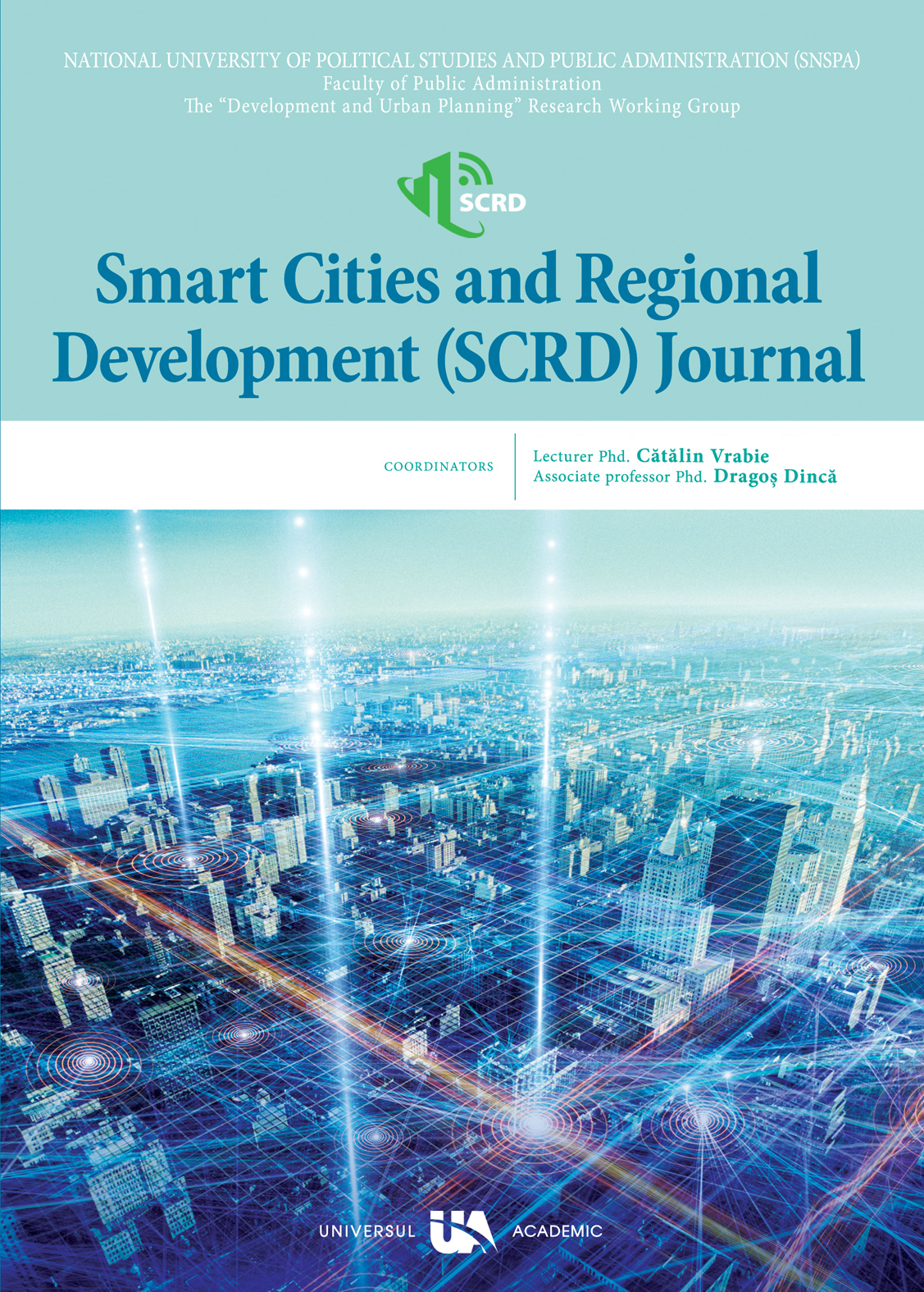
Bulgaria in the Global Value Chains
Innovation.bg 2017 observes the technological interdependence of the national economy on a European and global scale. A special focus is placed on the automotive and related industries in respect of which Bulgaria is a magnet for foreign investors not only as a systems integrator but also as an R&D centre and a source of new technological solutions. Innvation.bg provides a reliable annual assessment of the innovation performance of the Bulgarian economy and of the current conditions and development opportunities of the Bulgarian innovation system. The report provides recommendations on the improvement of the public policy on innovation, building on the latest international theoretical and empirical studies and taking into account the specific economic, political, cultural and institutional framework of the innovation system in Bulgaria. The report targets leaders and decision-makers in the public and private sector of the country and abroad.
More...













